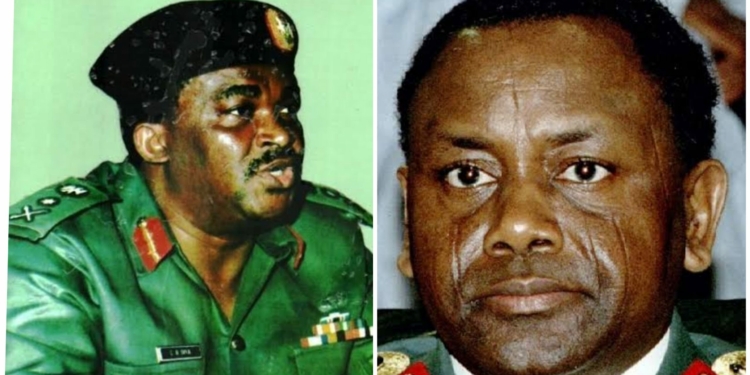Although when persons pass away, they are genuinely free from agony, suffering, or illness, their loved ones still experience unbearable suffering. They permit their loved ones to wallow in memories and sorrows of their passing while they traverse the country of Hades to continue the journey of the soul and mind.
The paradox of life is that no life is lost without being missed, regardless of how evil or devilish the person was (like Bashorun Gaa) or how kind and giving they were (like late Chief Moshood Abiola). The complexity of life is evident from that.
However, memories are what matter most. Death is as unpredictable as life. A sick person may live longer than a healthy person on earth. A disabled person may outlive a healthy person. An abiku can live longer than a non-abiku. When compared to someone who never had an accident, someone who survived a fatal accident can nevertheless live a long life.
Individuals who have survived significant life-threatening crises live longer than those who have not, who typically pass away at a young age. Nobody truly comprehends the complexity of existence.
The life of Oladipo Diya, a lawyer and soldier born in Ogun, was not one that followed a straight line. What kind of story would a life without dramas provide? It has many contours, obstacles, and stumbling blocks. dull and not worth recording.
Oladipo Diya’s military service, particularly the traps and holes he survived, must be depicted in any article about him. Without the botched coup attempt that almost cost Diya his life, his story will always remain unfinished.
Diya, a teenager from the Ogun State village of Odogbolu, enrolled in the Nigerian Defence Academy in Kaduna at a young age. He climbed from a lower position to become the Chief of Defence Staff and Military Governor of Ogun State from January 1984 to August 1985, in addition to his participation in the Nigerian Civil War between July 6, 1967, and January 15, 1970. Diya was chosen as the Temporary Ruling Council’s vice chairman in 1994 after being named chief of general staff in 1993.
Diya was not only a soldier who was solely interested in power. His quest for justice and equity made him different. He studied Law at the Ahmadu Bello University, Zaria, where he obtained an LLB degree, and then at the Nigerian Law School, where he was called to bar as Solicitor and Advocate of the Supreme Court of Nigeria.
As inspiring as Diya’s story was, he had a lot of challenges at the peak of his career. Such is life. Everything can not be smooth. If you miss it – challenges at early stage, you can not escape it at later age.
General Diya, Major General Tunji Olanrewaju, Major General Abdulkarim Adisa, and eight other senior army officers were detained by the Abacha-led administration on December 21 of that year for allegedly preparing to “violently” topple their superior, General Sani Abacha.
Diya reportedly narrowly avoided a bomb explosion that would have taken his life less than a week after his arrest. He had earlier survived a bomb explosion in the streets too. It was a grave, incriminating, and unanticipated terrible circumstance.
A military tribunal was held for each soldier who took part in the coup. Some senior troops received life sentences in prison while others received death sentences by hanging or firing squad. But, there was a sad and pitiful incident. a video of Oladipo Diya pleading for his life in front of Sani Abacha, his principal. The most important part of this tragic video is a picture of the act that was then used by major newspapers.
Life is a coin with two sides, to repeat. Nobody is so wise as to foresee what life will bring them. Please tell everyone in a position of authority to be quiet since the future is not only pregnant, but also weighty. Sani Abacha passed away on June 8, 1998, allegedly from a heart attack, just a few months after Diya knelt down to ask for his life. Diya, who had been tortured and imprisoned, was still alive inside the prison where they had him.
Diya was set free by Abdulsalam Abubakar’s government despite losing his military rank. He didn’t lose the life he pleaded for; only his titles. He refused to accept that his boss would die; instead, he pleaded for his life and managed to escape from prison. Oladipo Diya passed away at the age of 78 25 years later. They should have crossed paths and interacted if the land of the Hades really did exist and wasn’t as dispersed as the land of the living.
We must remember the lessons we can learn as we commemorate Oladipo Diya’s life and contributions. May God forgive him of his sins.and grant him eternal life.




Discussion about this post